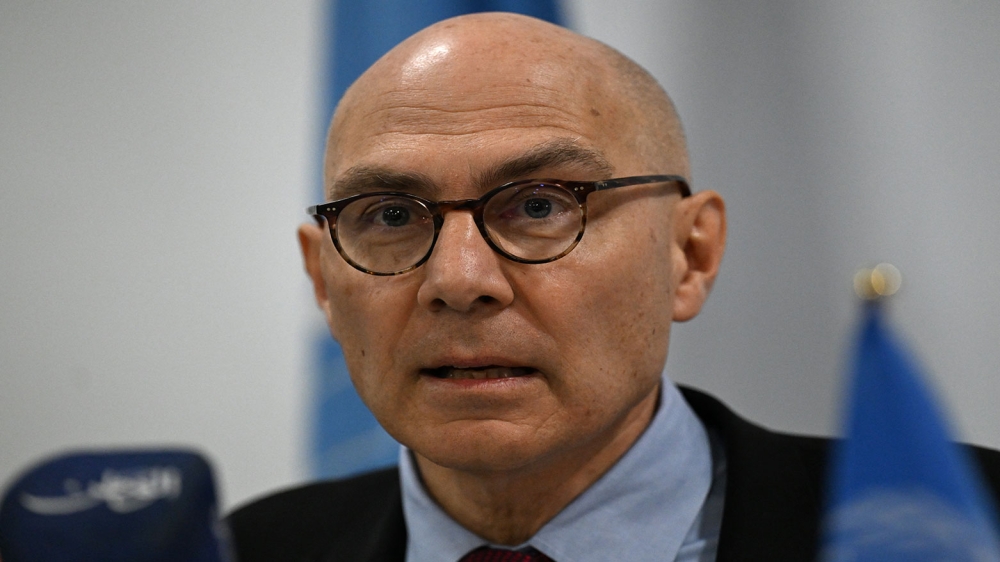Every year on 12 November, World Pneumonia Day calls attention to the word’s leading killer of children under age five. Pneumonia kills an innocent child every 30 seconds – the majority are less than two years old.


Every year on 12 November, World Pneumonia Day calls attention to the word’s leading killer of children under age five. Pneumonia kills an innocent child every 30 seconds – the majority are less than two years old. Despite the grim statistics, pneumonia is one of the most preventable and treatable conditions. Preventing pneumonia averts treatment costs and allows children to become healthy, productive adults."Pneumonia can be prevented and cured. Yet, for too long it has been the leading cause of global deaths among children. We know what to do, and we have made great progress — but we must do more. We must scale-up proven solutions and ensure they reach every child in need,” says Ban Ki-moon, United Nations Secretary-General.These proven solutions highlight the importance of integrated approaches to health programmes to increase impact and maximize the use of scarce resources. Integration is not a new topic, but a topical issue, largely because of the rise in single-disease funding.Building on integration, in early 2013, World Health Organization (WHO) and United Nations Children’s Fund (UNICEF) released the Global Action Plan for the Prevention and Control of Pneumonia and Diarrhoea, signalling an important shift to jointly target the two biggest killers in children at the same time. "Pneumonia deaths could be reduced by two thirds if three child health interventions – breastfeeding, vaccination and case management including the provision of appropriate antibiotics – were scaled up to reach 90 per cent of the world’s children,” says WHO and UNICEF.Breastfeeding protects against pneumonia, diarrhoea, malnutrition, and other diseases. Children who are breastfed have a 20 per cent lower risk of dying between 28 days and one year than children who weren’t breastfed. Exclusive breastfeeding should be maintained for a minimum of six months and continued for up to two years or more with complementary foods. Access to clean drinking water, hand washing facilities and adequate sanitation has been found to protect children against pathogens that cause pneumonia, diarrhoea and other diseases. Reducing household air pollution, especially from second-hand tobacco smoke and wood stoves can also reduce the occurrence of pneumonia in children.Pneumonia is a common cause of death in infants infected with HIV. HIV is commonly transmitted from mother-to-infant during pregnancy, delivery and breastfeeding. The new 2013 WHO recommendations include providing antiretroviral therapy - irrespective of CD4 count - to all children with HIV under five years of age and all pregnant and breastfeeding women living with HIV.Childhood vaccines against pneumococcus, Haemophilus influenza type B (Hib), pertussis and measles has also been found to prevent a significant proportion of pneumonia cases from ever occurring.Improving access to services and increasing awareness and demand for services within communities is critical in controlling pneumonia. For more information on the Coalition, its work, and how to be involved, please visit: www.worldpneumoniaday.org.Dr Cory Couillard is an international health columnist who works with the World Health Organization’s goals of disease prevention and global health care education. Facebook: Dr Cory CouillardTwitter: DrCoryCouillard




